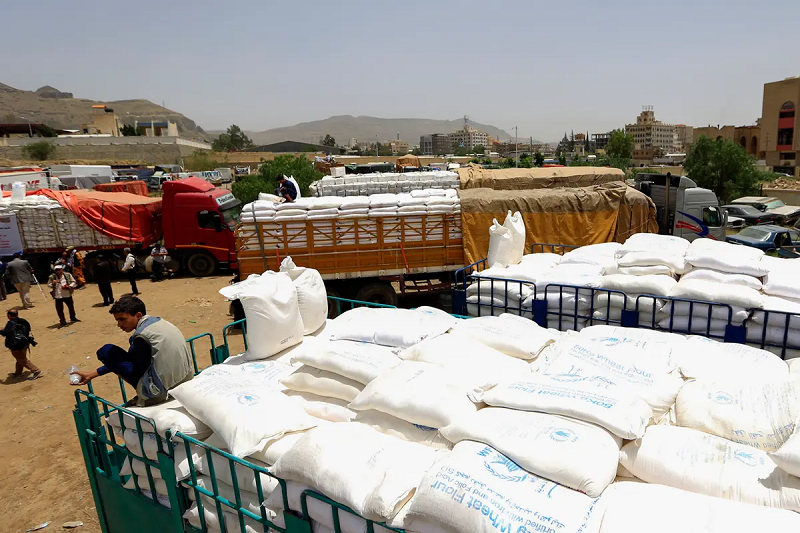
UN food agency worker killed in Yemen
According to the WFP and Yemen’s health minister, a staff member of the World Food Programme was killed in an attack in the southern Yemeni province of Taiz.
In a tweet sent to the staffer’s family on Friday, health minister Qasem Buhaibeh expressed his sympathy and urged security forces to “arrest the criminals” responsible for the murder.
Initially identifying the employee, he later withdrew his name and nationality.
Later on Friday, the WFP declared that it was “deeply saddened” by the death of the employee.
According to Richard Ragan, WFP Representative and Country Director in Yemen, the death of our colleague is a profound tragedy for our organization and the humanitarian sector. Any human life lost while providing aid is a tragedy that cannot be tolerated.
Keep Reading
According to a source who spoke to the news agency under anonymity, a gunman on a motorbike shot and killed the World Food Programme employee as he was eating lunch in Turbah, a town in the Taiz governorate of southwest Yemen.
The source claimed the attacker left after the victim’s body was taken to a nearby hospital.
According to the attack, which was reported by Yemen’s official news agency Saba, a UN employee died, and other people were hurt.
Although sporadic attacks continue, fighting between the Houthi rebels, who are allied with Iran, and a Saudi-led coalition supporting Yemen’s internationally recognized government has subsided over the past year. However, a long-term peace agreement still seems far off.
When the Houthis took control of the nation’s capital, Sanaa, the conflict in Yemen began in 2014. The coalition led by Saudi Arabia intervened the following year.
Hopes for a negotiated settlement were boosted in April when a Saudi delegation headed by Mohammed al-Jaber, the country’s ambassador to Yemen, visited Sanaa for face-to-face negotiations with the Houthis.
Over eight years of fighting have resulted in hundreds of thousands of deaths, both directly and indirectly, and one of the worst humanitarian crises in history. Over two-thirds of the population now lives in poverty as a result of the war, which has internally displaced 4.5 million Yemenis.




